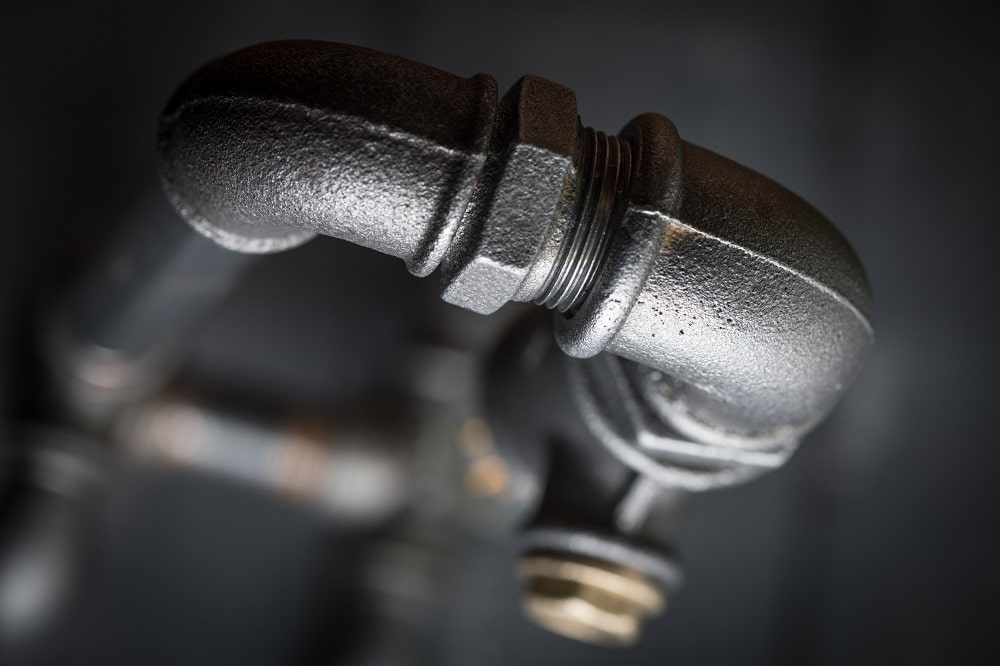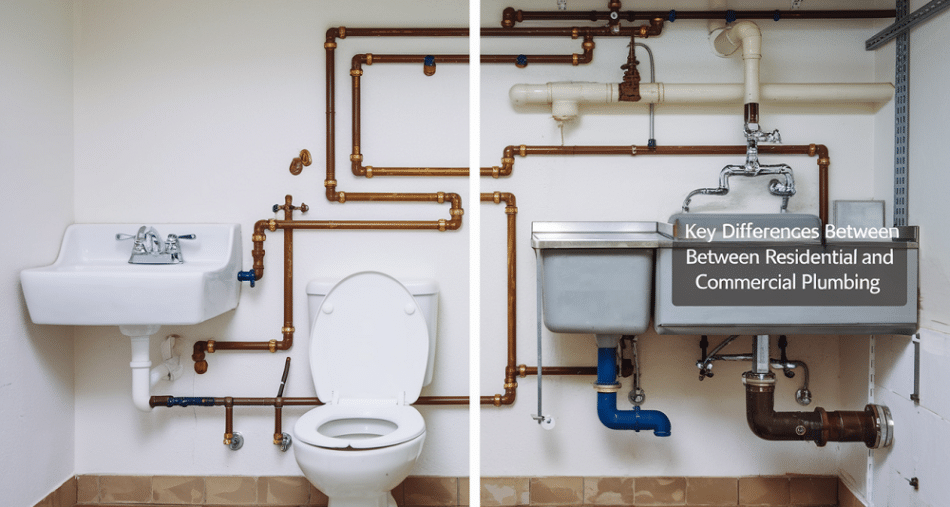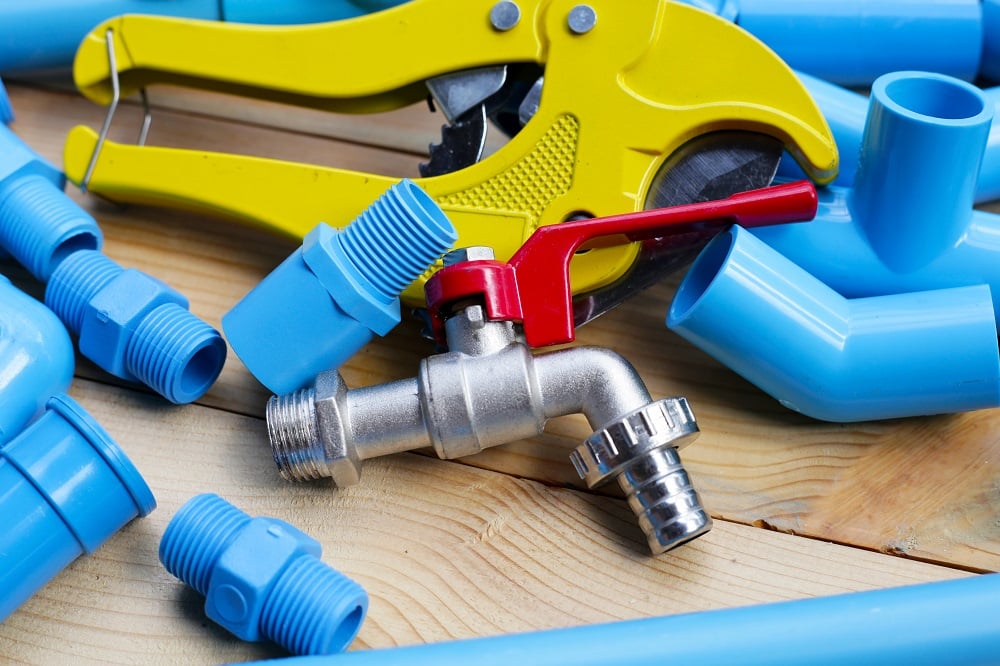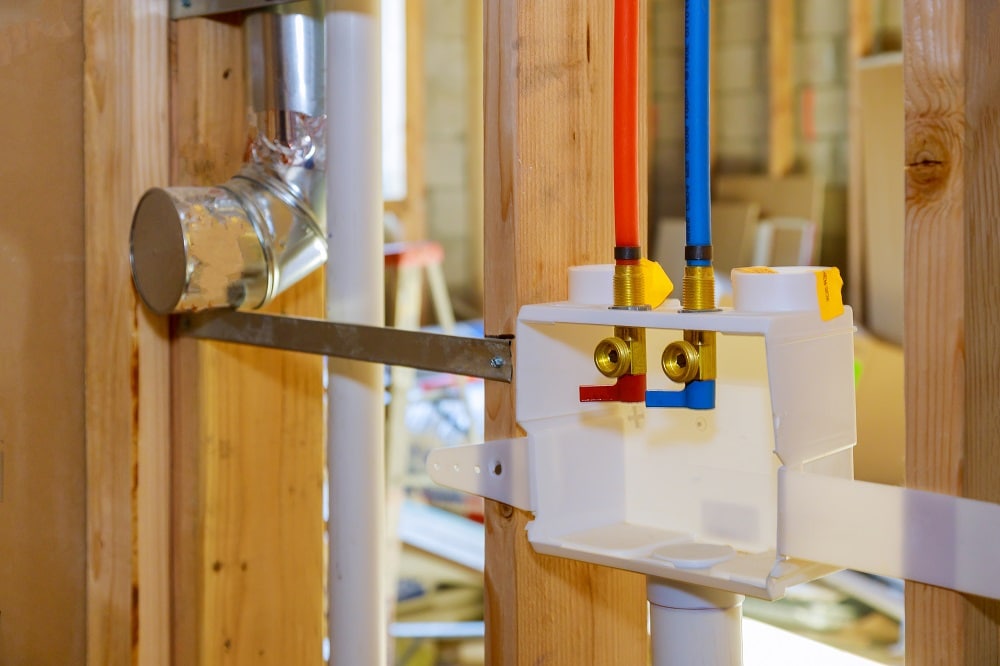Key Differences Between Residential and Commercial Plumbing
-
tomsplumbing
-
0 Comment
Table of Contents
- Key Takeaways
- System Size and Complexity
- Usage Demands and Durability
- Fixtures and Equipment
- Maintenance and Repairs
- Code Compliance and Regulations
- Cost Considerations
- Environmental Considerations and Sustainability
- Customer Service and Communication
- Why These Differences Matter
- Trust Us for Expert Plumbing Services
Plumbing systems serve the essential functions of providing water and removing waste, but their designs and demands vary significantly between residential and commercial properties.
Residential plumbing caters to households, with systems designed for smaller-scale use. Commercial plumbing, on the other hand, is built for high-demand settings like offices, restaurants, and hospitals, where reliability and capacity are critical.
At Tom’s Plumbing and Drain Service, LLC, we understand the unique challenges of both residential and commercial plumbing. Whether you need a routine repair or a complete system upgrade, contact us today for expert plumbing solutions built around your needs.
Key Takeaways
- Residential plumbing systems are designed for smaller homes with fewer demands, while commercial systems cater to larger buildings with more complex needs.
- Commercial plumbing needs more durable materials, stricter code compliance, and specialized equipment.
- The costs of residential plumbing are lower due to simpler systems, while commercial plumbing is more expensive due to scale and complexity.
- Sustainability efforts are more focused on eco-friendly solutions in both residential and commercial plumbing, with more energy-efficient fixtures.
- Customer service and communication differ, with commercial systems requiring more proactive maintenance and faster response times.
1. System Size and Complexity
The size and complexity of plumbing systems are influenced by the type of property they serve.
Residential Plumbing: Residential plumbing is simple and designed to serve smaller spaces. Basic components like pipes, toilets, and water heaters are used to meet everyday needs.
- Commercial Plumbing: Commercial plumbing is more complex, designed to handle larger buildings with higher demands. These systems include extensive piping, multiple restrooms, and specialized features like grease traps and backflow preventers.
2. Usage Demands and Durability
The intensity of use places distinct demands on residential and commercial plumbing systems.
- Residential Plumbing: Residential plumbing experiences moderate water use. Materials like PVC and PEX are used because they are efficient, cost-effective, and able to handle everyday household needs.
- Commercial Plumbing: Commercial plumbing must withstand constant, heavy use. Stronger materials like copper and cast iron are used to ensure durability under high traffic and continuous use.
3. Fixtures and Equipment
Fixtures and equipment vary greatly between residential and commercial setups due to their different purposes.
- Residential Plumbing: Fixtures in residential plumbing are designed for comfort and ease of maintenance. Common items include standard faucets, toilets, and smaller water heaters.
- Commercial Plumbing: Commercial fixtures are built to last and withstand high-volume use. These include touchless faucets, automatic flush systems, and large-capacity water heaters, as well as specialized equipment like grease traps in food service.
4. Maintenance and Repairs
Both residential and commercial systems require upkeep, but the approach differs significantly.
- Residential Plumbing: Maintenance in homes is usually quick and simple, such as fixing a leaky faucet or clearing a clogged drain. Most repairs can be completed during regular hours.
- Commercial Plumbing: Commercial plumbing systems require more frequent inspections and proactive maintenance due to their size and complexity. Repairs are often scheduled after hours to minimize disruption.
5. Code Compliance and Regulations
Plumbing codes exist to protect public health and ensure system efficiency. The rules differ for residential and commercial properties, reflecting their distinct needs.
Residential Plumbing: Residential plumbing follows basic safety codes, covering pipe sizing, venting, and backflow prevention to ensure everything runs safely.
- Commercial Plumbing: Commercial systems must adhere to stricter regulations. For example, restaurants need grease traps, while healthcare facilities require sterilization systems and backup water supplies to meet safety standards.
6. Cost Considerations
When comparing plumbing costs, the differences between residential and commercial systems are substantial.
- Residential Plumbing: Residential systems are generally more affordable to install and maintain, with fewer components and simpler designs. Homeowners can often handle minor repairs themselves, reducing service costs.
- Commercial Plumbing: Commercial systems are more expensive due to their size, complexity, and specialized equipment. Installation and maintenance costs are higher, and commercial systems require more frequent inspections and repairs.
7. Environmental Considerations and Sustainability
As sustainability becomes a key priority for many property owners, plumbing systems are evolving to meet environmental goals.
- Residential Plumbing: Homeowners are increasingly adopting eco-friendly plumbing options like low-flow toilets, energy-efficient water heaters, and water-saving faucets to reduce water usage and lower energy bills.
- Commercial Plumbing: Commercial properties, such as restaurants and office buildings, face stricter environmental regulations. Many businesses are upgrading to high-efficiency plumbing systems, including low-flow fixtures, smart meters, and greywater recycling, to minimize water usage and reduce energy costs.
8. Customer Service and Communication
Effective communication and customer service are vital for both residential and commercial plumbing.
- Residential Plumbing: Homeowners expect timely updates on costs, service timelines, and potential disruptions. A reliable plumber provides upfront pricing, explains repairs, and offers maintenance advice.
- Commercial Plumbing: Businesses need fast, clear communication to avoid disruptions. They often require emergency services and plumbers knowledgeable about industry-specific codes and regulations.
Why These Differences Matter

Making the right choice is about more than just convenience. It’s about safety, reliability, and long-term value.
Trust Us for Expert Plumbing Services
At Tom’s Plumbing and Drain Service, LLC, we specialize in solving both residential and commercial plumbing challenges. Our team is committed to providing plumbing solutions that meet your unique needs, using top-quality materials and the latest industry practices.
Call us today to schedule a consultation or service appointment. Whether it’s a minor repair or a large-scale project, we’re ready to keep your plumbing systems running efficiently.



 Residential Plumbing: Residential plumbing is simple and designed to serve smaller spaces. Basic components like pipes, toilets, and water heaters are used to meet everyday needs.
Residential Plumbing: Residential plumbing is simple and designed to serve smaller spaces. Basic components like pipes, toilets, and water heaters are used to meet everyday needs. Residential Plumbing: Residential plumbing follows basic safety codes, covering pipe sizing, venting, and backflow prevention to ensure everything runs safely.
Residential Plumbing: Residential plumbing follows basic safety codes, covering pipe sizing, venting, and backflow prevention to ensure everything runs safely.